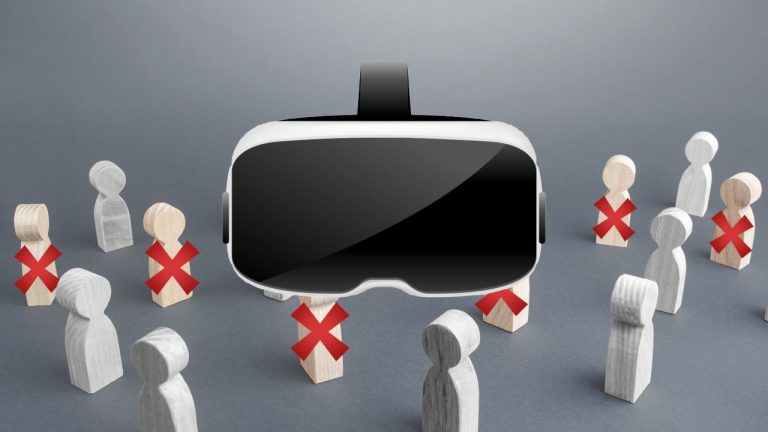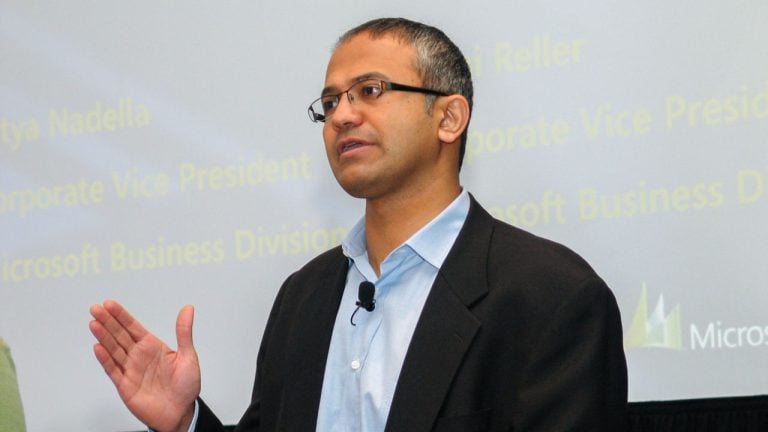
During a Q4 earnings call, Mark Zuckerberg said he saw no reason to deviate from the company’s long-term metaverse strategy.
Meta founder and CEO Mark Zuckerberg says the company has no plans to change its long-term strategy for the metaverse, despite operating losses for its Reality Labs business peaking in 2022.
Meta on Feb. 1 released earnings showing that Reality Labs lost $13.7 billion in 2022 — the largest ever yearly losses recorded for its metaverse-building division.
The fourth quarter was particularly costly, with the division losing nearly $4.3 billion, which was also the largest quarterly loss within the department since financials for the business were first published.
On a Feb. 1 earnings call, Zuckerberg was steadfast in the company’s metaverse strategy. Answering a question about how the firm’s efficiency applies to Reality Labs, he answered:
“None of the signals that I've seen so far suggest that we should shift the Reality Labs strategy long term.”
He added that later in 2023 the company would launch another “next generation consumer headset” following the October launch of its Quest Pro Virtual Reality (VR) headset.

Meta’s chief financial officer, Susan Li, similarly doubled down on the Reality Labs business, echoing Zuckerberg’s statement from a Q3 earnings call that losses in the business would increase in 2023.
“We still expect our full-year Reality Labs losses to increase in 2023, and we're gonna continue to invest meaningfully in this area given the significant long-term opportunities that we see.”
Related: Meta gets court win in metaverse acquisition plans: Report
Meta’s overall revenue for the fourth quarter was $32.1 billion, beating Wall Street expectations.
The better-than-expected revenue figures caused Meta’s stock price to jump after the bell, gaining nearly 19.5% in after-hours trading at the time of writing, according to Yahoo Finance.


















